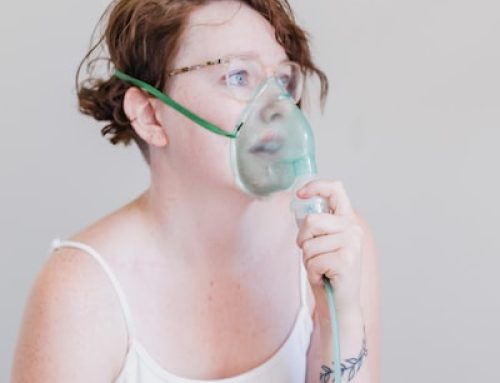Throughout our lives, we naturally develop defenses to protect ourselves from thoughts, feelings, or experiences that seem uncomfortable. For example, we might deny that an uncomfortable situation is happening because we don’t want to face that discomfort. You might think of defenses as rose-colored glasses that we put on so we can try to change reality to avoid sadness, fear, anger, or other emotions. Defenses can also help us think we can escape from the negative consequences of our own behaviors. For people who struggle with substance use and abuse, defenses are used to avoid negative consequences occurring as a result of their substance use or abuse. Substance use and defenses go hand-in-hand, because people who use substances have a more difficult time accepting reality that is uncomfortable or painful. Therefore, the use of substances serve to defend a person, or mask them, from painful experiences and emotions.
There are a few types of defenses which are common for people who use or abuse substances. First, denial, in which a person chooses not to accept reality, or refuses to experience real feelings.
Second, blaming, in which a person tries to blame others for a difficult situation or painful emotions. Third, minimizing, in which a person downplays a situation to make it seem more positive, or less serious, than it is. For example, a person who abuses alcohol might say they drink one or two drinks a night, when in reality they drink 8 to 10 drinks a night. Fourth, rationalizing, in which a person finds reasons or excuses for what they do to make it seem alright. For example, that same person who drinks 8 to 10 drinks a night might say it’s alright because they don’t have work the next day.
Those who use or abuse substances engage in these defenses whether they are conscious of doing so or not. Substance use itself masks the painful reality of situations, so remember that it can be difficult for persons suffering from addiction to realize they are using defenses. This can make it difficult to create and maintain change. As a family member or friend, you can attempt to confront a loved one struggling with addiction with the reality of their situation, and with the reality of how their substance use has negatively impacted their life and the lives of others. With appropriate and effective treatment, a person struggling with addiction can confront their own reality, and begin making change.
For more information on substance abuse and addiction counseling, call Specialized Therapy Associates at (201)-488-6678.





